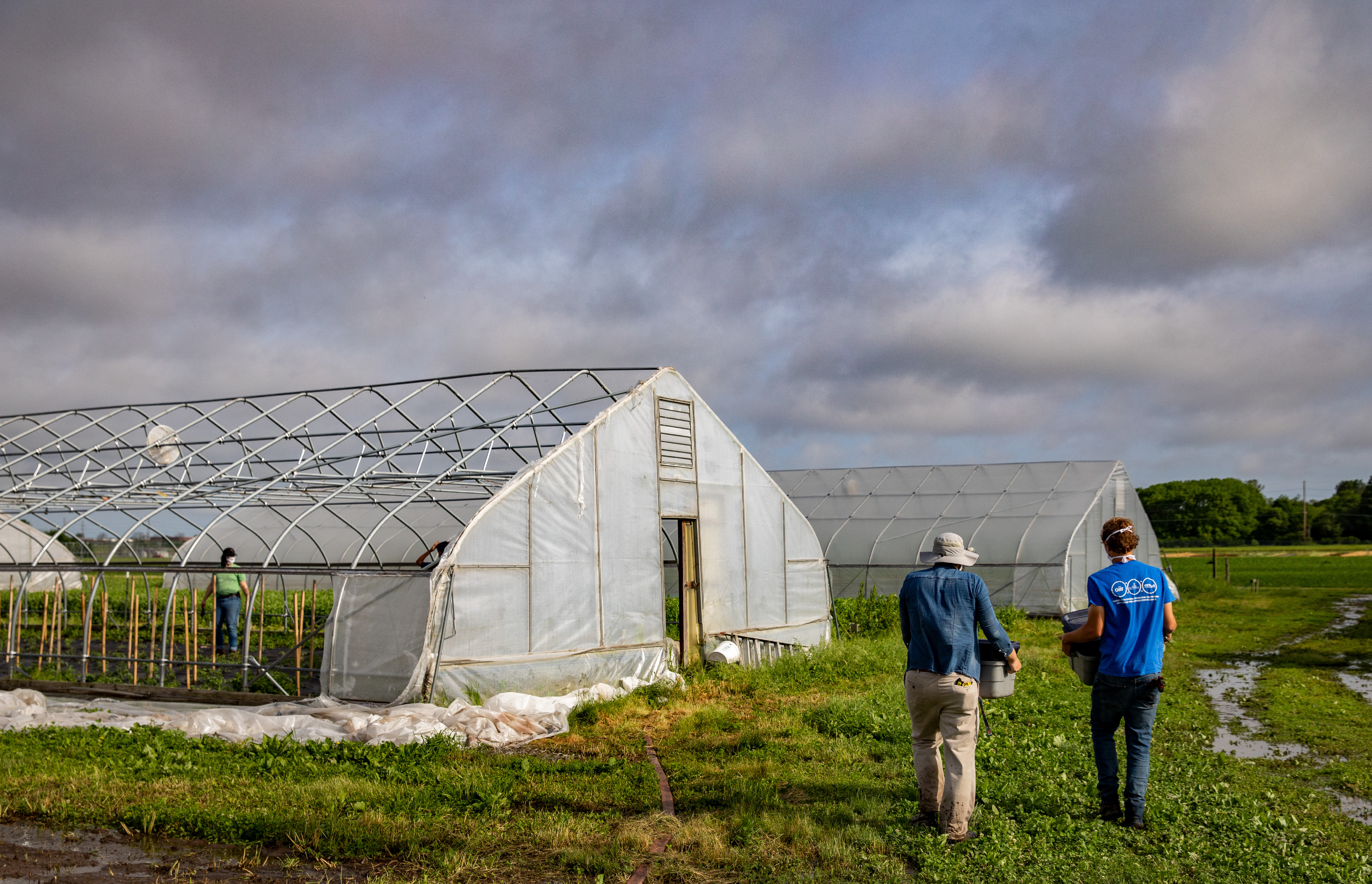Indigenous Pathways program unlocks opportunity for native high schoolers

This past June, Native American high school sophomores and juniors participated in The Indigenous Pathways program, a summer program that lets students explore campus life and all of the opportunities the university has to offer. The program was started two years ago by Jacki Thompson Rand, a professor at the University of Illinois Urbana-Champaign and former Associate Vice Chancellor of Native Affairs, with the intention of it becoming an annual event.
“I wanted to provide a service to native families,” Rand said. “I’m a first-generation student myself and I remember I didn’t understand anything, so I wanted our native families to have an opportunity to get a sense of things.”
Rand said that she believes a lot of first-gen students tend to view the peak of success as simply finding a major and graduating. She wants people to know there is so much more opportunity for these students and their families, specifically in research.
“Students can have opportunities to do research with professors, they can go to professional meetings, they can present research, they can have their own research projects, and that is so much more than just making it to graduation,” she stated.
Rand believes in order to take advantage of these opportunities, it is extremely important to be thinking about these things as early as high school.
Participants in the three-day program, which took place June 23–26, 2024, spent a day exploring the College of ACES and all of the resources we have to offer. The morning began with a short presentation from Dean Germán Bollero before diving into the ACES experience.
The activities of the day then got underway as the students got the chance to observe and interact with the freshwater wildlife at the Fish Research Site. The students were able to see fish, turtles, and even hold a crawfish, while learning about these creatures’ place in the ecosystem.
Next, they went across the street to take a tour of the Student Sustainable Farm. Manager Matt Turino gave a quick introduction, and then led the students through the fields and greenhouses. At the farm, the students got to sample some of the homegrown tomatoes and plant some crops of their own!
Finally, the group ended their exploration of ACES with a food science experiment at the Agricultural Engineering Sciences building. For the experiment, the students baked cookies while switching out specific ingredients in each batch. After baking the cookies, they were able to observe each of the batches and how different ingredients affected the cookies.
In total, the students were able to experience ACES through representatives from the Natural Resources and Environmental Sciences (NRES), Crop Sciences (CPSC), and Food Science and Human Nutrition (FSHN) departments.
A common factor among all these activities was the emphasis on a hands-on learning experience with the goal of making it as interactive as possible.
“I think the nice thing about these three (activities) is that everybody was able to find something that would be hands-on and engaging. So, a little bit of presentation but mostly getting the student’s hands dirty and doing the work,” said Britt Carlson, the Associate Director of Stem Program Implementation at the College of ACES.
One of the most crucial pieces of advice could be applied to any high school student, even ones who weren’t able to attend the program.
“You can ask questions to the university, and the university is happy to help and talk to you. It doesn’t have to be a big, professional relationship, you can simply send an email,” Rand said about how students can get a head start on the college admissions process.
The organizers of the event continuously stressed the importance of reaching out and putting yourself out there. This was described as the single most important thing that a high school student can do to give themselves a head start before college.
“Be curious about the university, what it has to offer, and what it allows you to look into,” Rand said.
Learn more